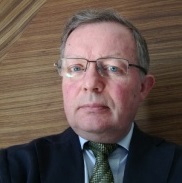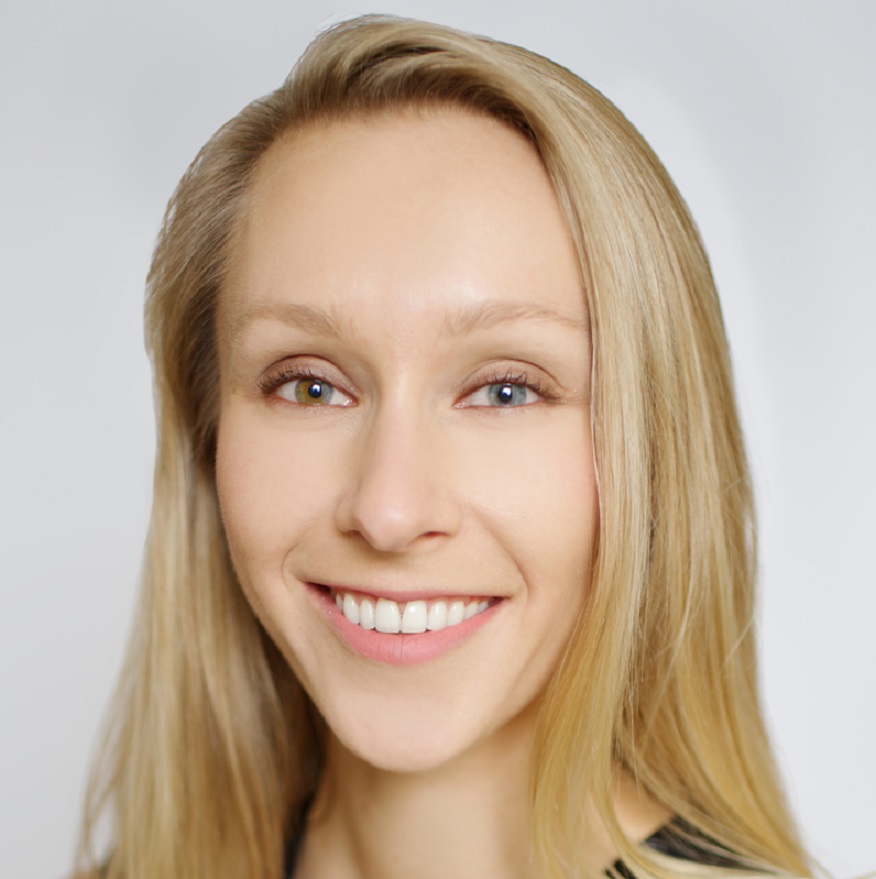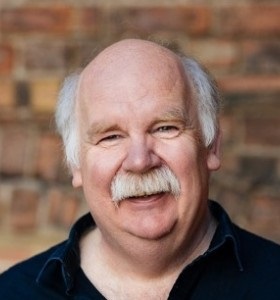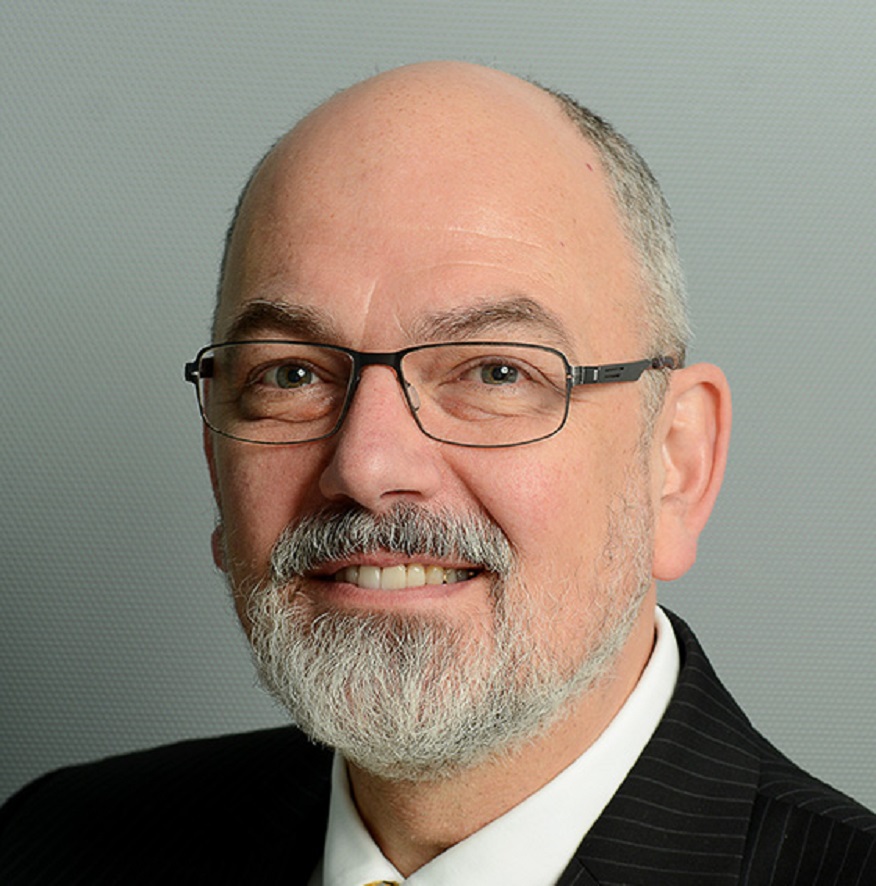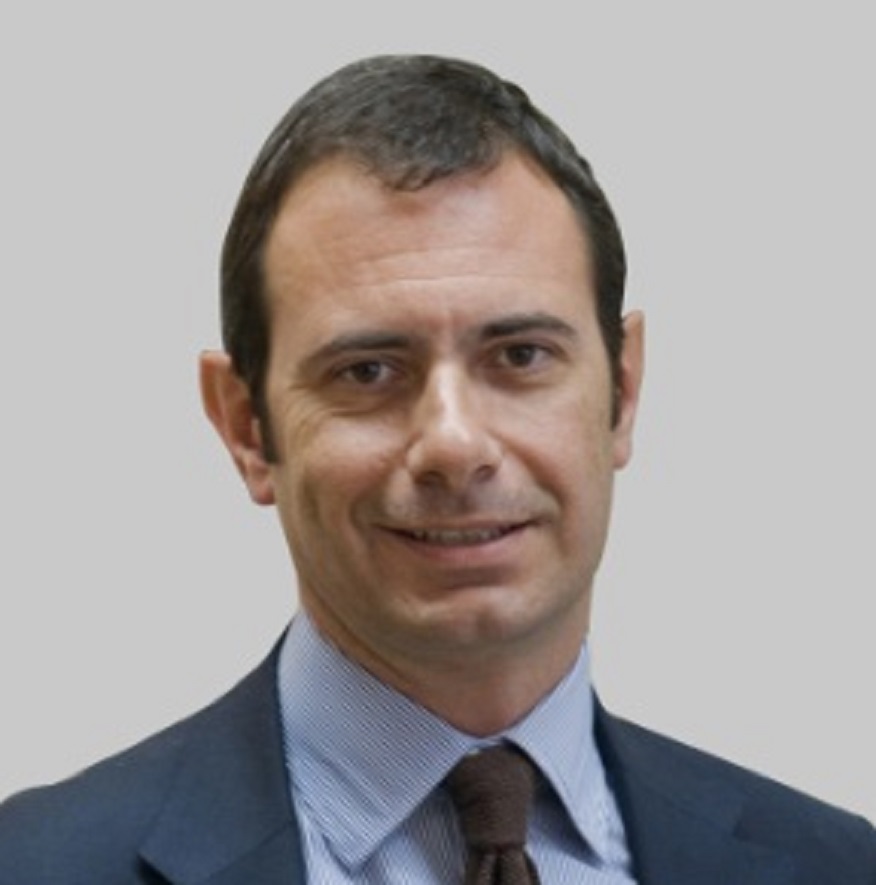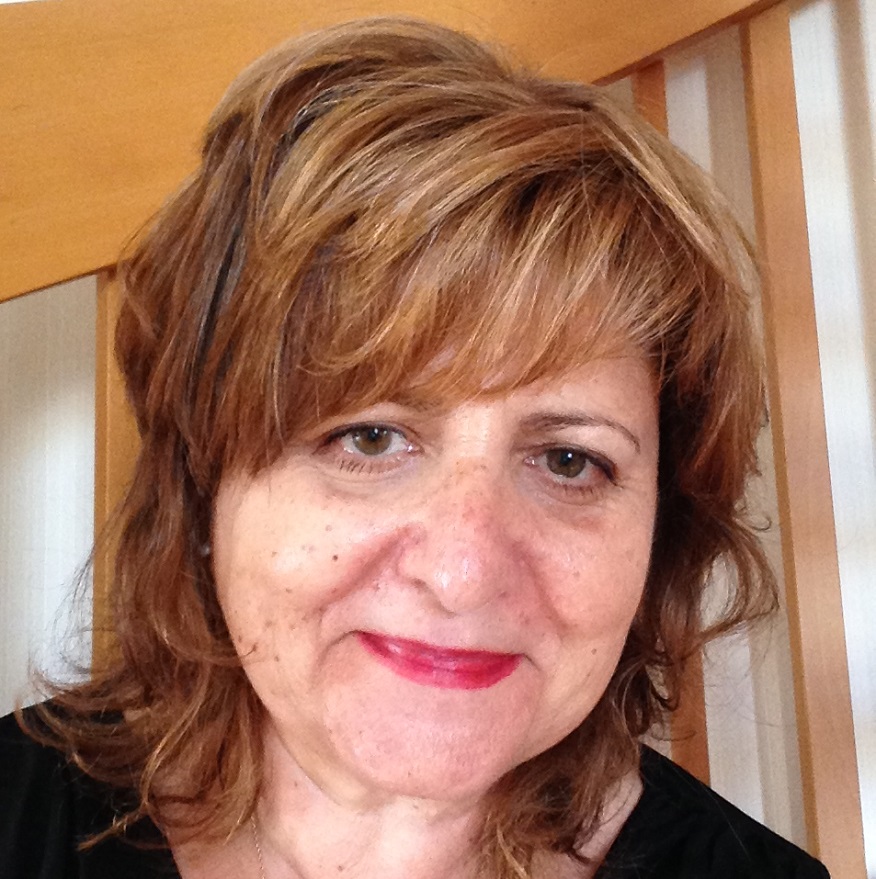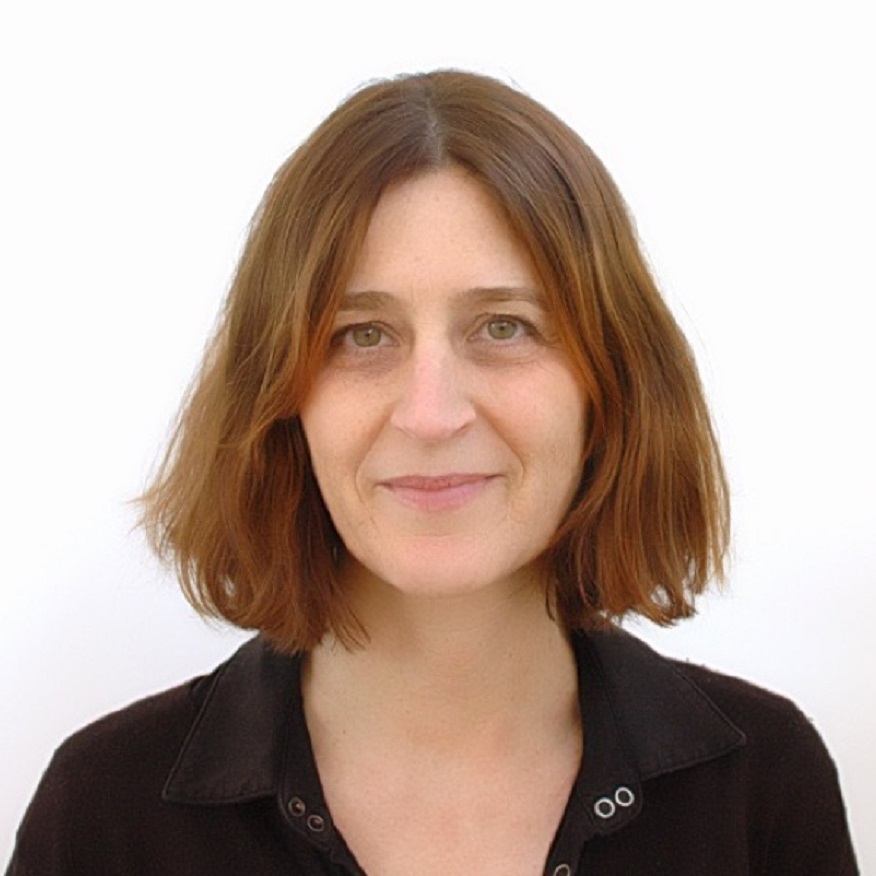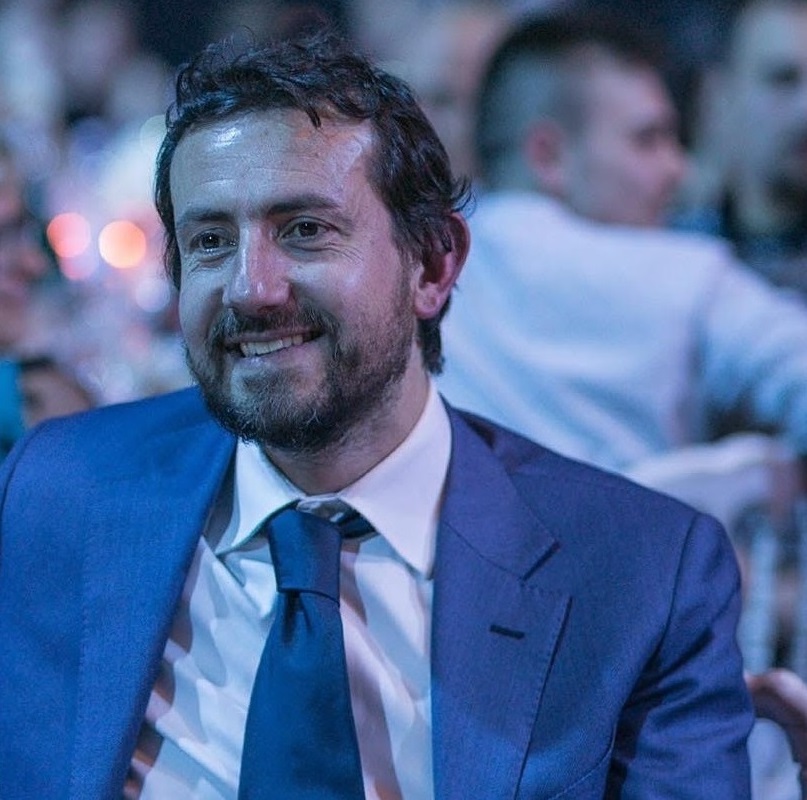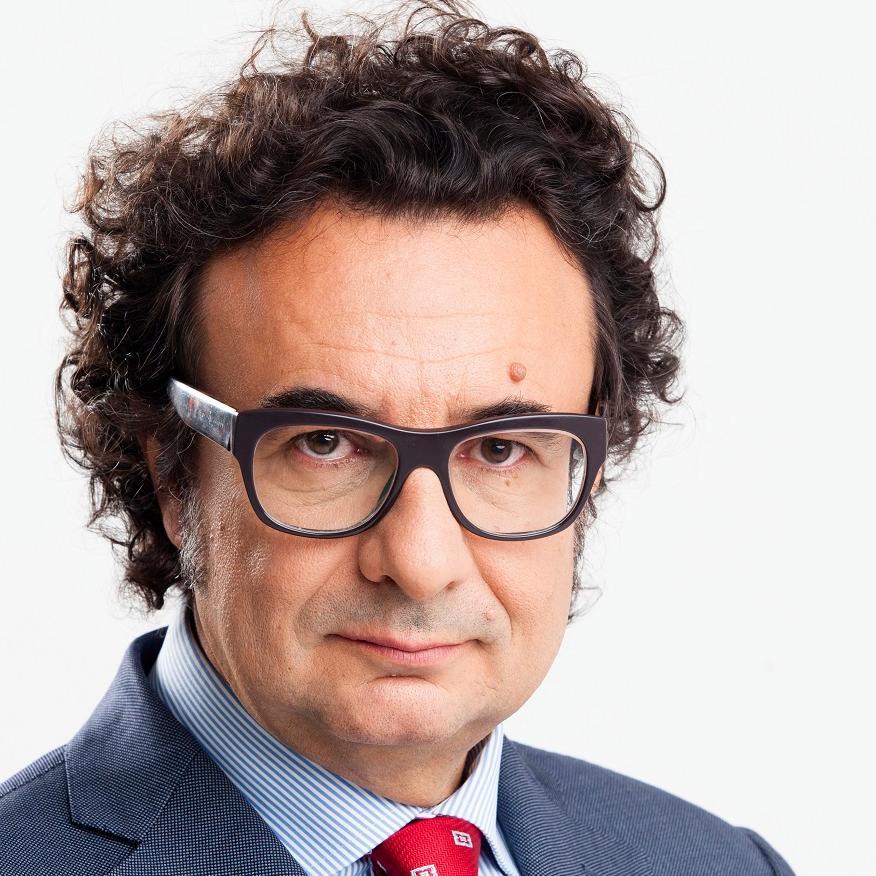How to strengthen your SME: assessing business performances to improve its competitiveness
Many reports and academic research bring evidence about the difficulties small companies have to face to access financial and non-financial resources to survive and expand their activity. Two main and recurrent causes emerge from the long list of alleged causes of the rationing of small companies: 1) their opacity 2) their low ability in proposing clear and reliable information on their project and business plan. None of them can be neither solved nor alleviated by a proper financial regulation. Instead, a possible solution comes from a specific support designed for entrepreneurs and managers of these companies. The seminar will focus on how researchers, business support structures, and policymakers can contribute to a better endowment of entrepreneurial skills and knowledge thanks to the development of informational systems adapted to small companies business models.
Taking a small business assessment tool developed in a European project named, The Next Society, we show why, this important, but still disadvantaged part of the productive system can benefit from a better knowledge of their positioning on the market, of their strengths and advantages, and, last but not least of the threats by competitors. We will demonstrate how a better knowledge of the firm strategy is mandatory to improve its robustness and its performance. Initially dedicated to small companies located in developing countries, this approach and the resulting assessment tool are also suitable for the smallest companies of developed countries. It provides an effective example of South-North and North-South cooperation in the field of entrepreneurship and small business development.
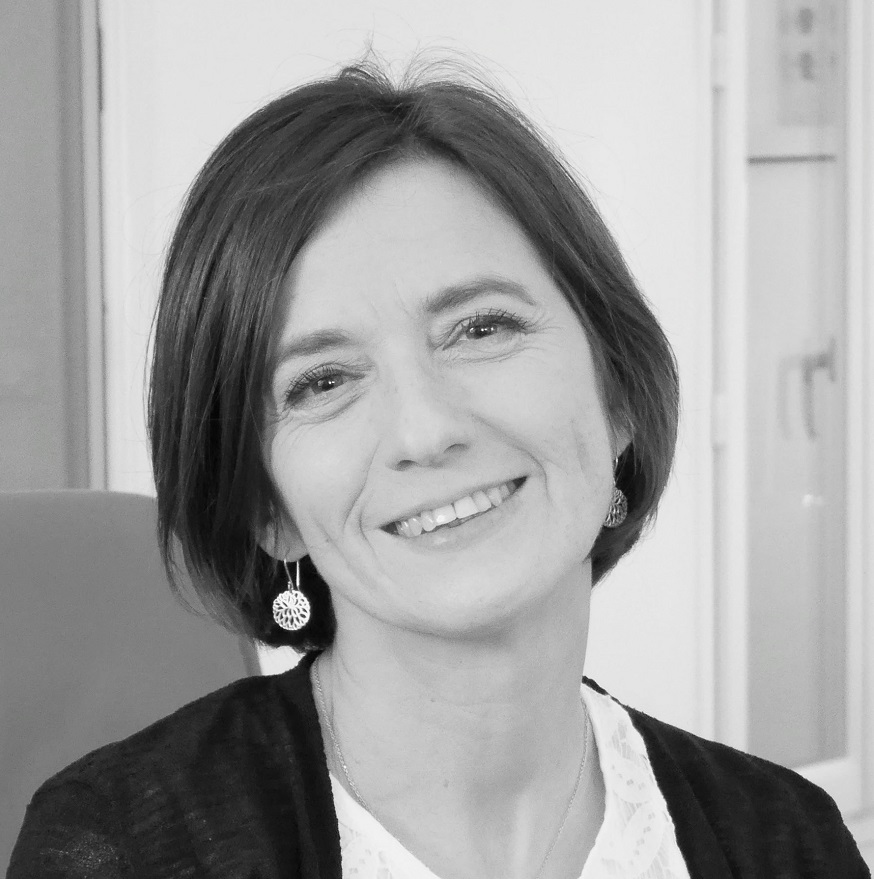
Relator: Dr. Nadine Levratto
Research Professor, French National Council for Scientific Research - CNRS & President, Observatory on Practices of Entrepreneurs and Enterprises - OPEE FranceNadine Levratto is a French economist, Research Professor at the French National Council for Scientific Research (CNRS), lecturer at the University Paris Nanterre and Research Fellow of the Centre d’Economie du Travail et de l’Emploi (Noisy-le-Grand, France). Her main fields of interest are focused on firm growth, corporate bankruptcy, SMEs; Industrial Dynamics; Growth, Innovation and Economic Geography. Her research has been published in more than 50 scholarly articles in ranked academic journals. As an expert, she has consulted with the European Commission, OECD, French ministries and local administrations as well as numerous private banks and consultants. She is also the President of the Observatory on Practices of Entrepreneurs and Enterprises (OPEE), a nonprofit organisation, promoting a small business assessment tool.

